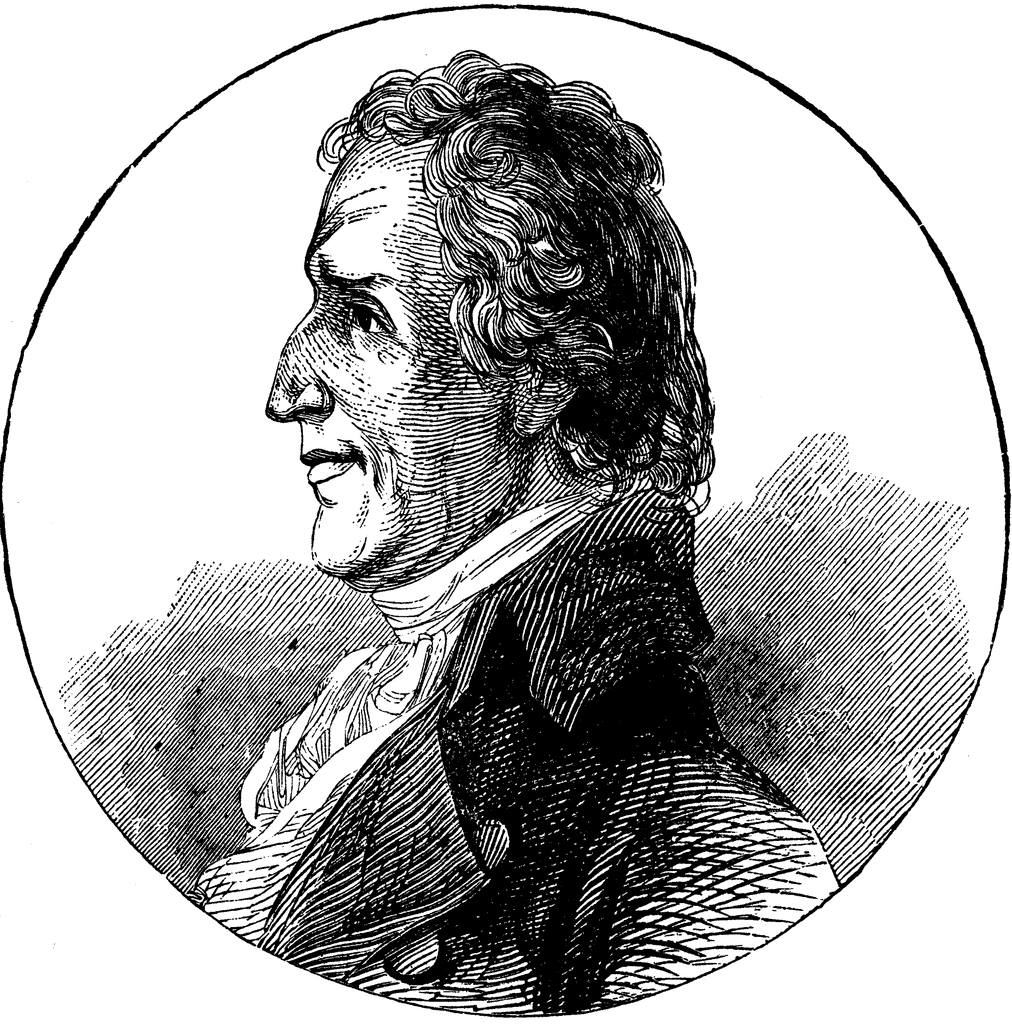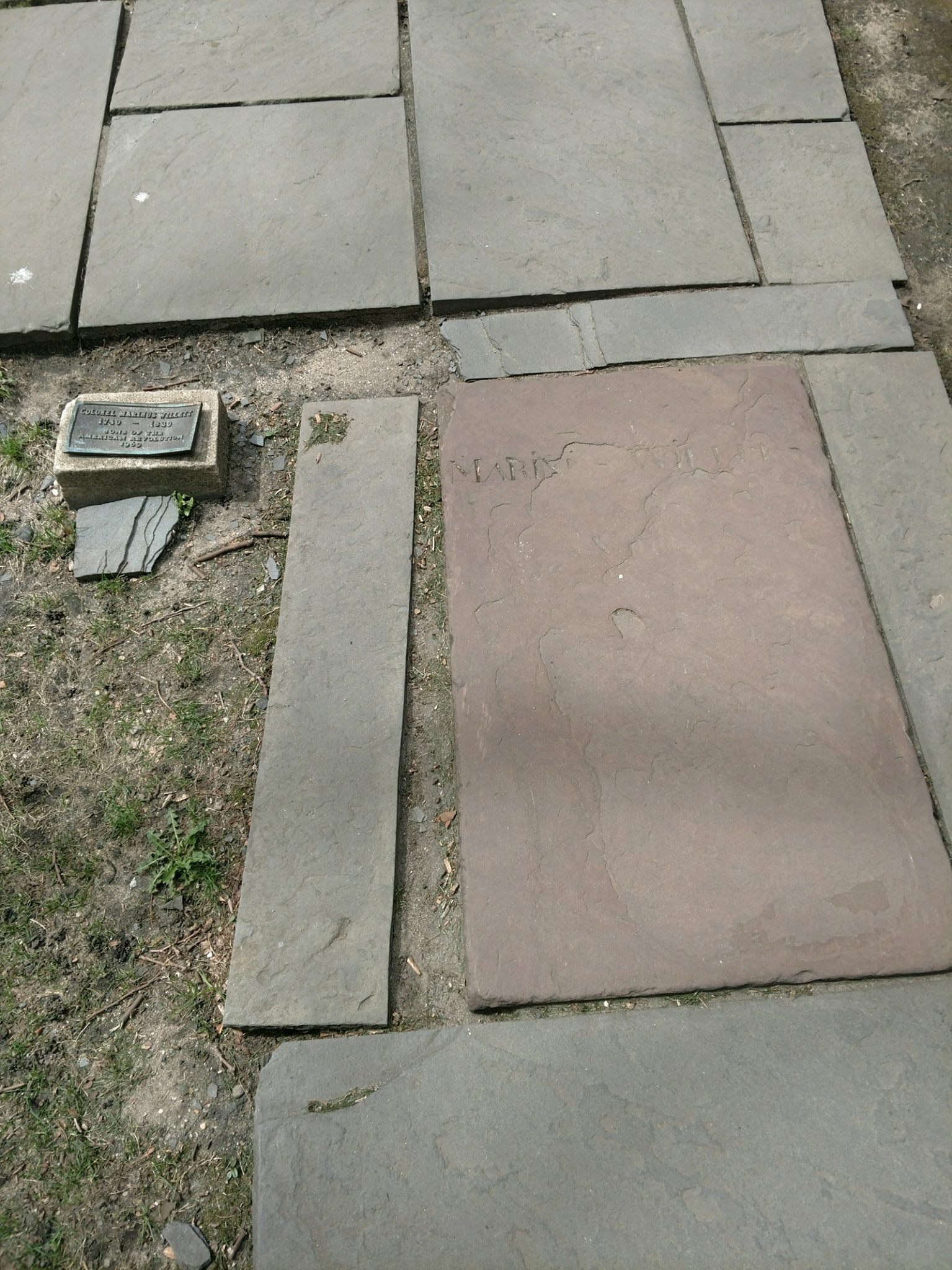 From William
From William
“Thus he lived, growing old amidst the esteem and affection of his fellow-citizens; and as time continually diminished the number of his old associates in arms, becoming like one of a few noble trees of a once large and flourishing forest, more and more an object of respect and veneration.
“At length Colonel Willett sunk under the weight of years. The numerous public testimonials to his character, and the tribute of respect paid to his remains, by an immense concourse of his fellow-citizens, showed the degree of honour in which in his old age, and in the retirement of private life, he was still held.
“All that now remains to his country, is the recollection of his services in her cause; his ardent attachment to her welfare. And having devoted the fulness and strength of his days, to promote the glory and prosperity of his country, his name perhaps will not soon be forgotten, but in a later period still of her history, be found adorning some page in the annals of that eventful period which he lived.”
From Marinus (the younger)
“We have seen his eyes which so often beamed with affection, and his lips which so often conveyed to us the feelings of a heart beating with ardent attachment, closed for ever; while every thing with us remains as before, except the sad void his absence has produced. No longer do I see him occupy his well-known chair: no more do I aid his vision when I approach him by the mention of my name: no more do I receive his affectionate greetings: no longer am I called upon to make those inquiries about his health, which I have been wont daily to do. No: his is no longer seen among us.
“The last time I saw his face he was lying in his coffin, clad in his ordinary clothes, and wearing his large black hat. (How often have I seen him reposing his aged and wearied limbs on the sofa, looking very much as he then looked.) He was lying under those trees and vines in the garden, where he has spent so much of his time this summer, enjoying with great gratification the gradual growth of those melons and peaches, of which he was extravagantly fond. How often, as he sat in his chair, in the same place, have I watched him as he enjoyed his tranquil sleep. Here now his aged companions wept over him: here an affectionate and respectful neighbourhood gazed at him with countenances marked with sorrow…”
 The photo above is of Willett's worn-down gravestone, now part of a sidewalk at Trinity Church in Manhattan, NYC. Photo Credit: NPS/V. Morgan
The photo above is of Willett's worn-down gravestone, now part of a sidewalk at Trinity Church in Manhattan, NYC. Photo Credit: NPS/V. Morgan
A narrative of the military actions of Colonel Marinus Willett, taken chiefly from his own manuscript. Willett, William M. (William Marinus), 1803-1895. New York, G. & C. & H. Carvill, 1831.
Portrait Credit:
Marinus Willett painted by Ralph Earl, oil on canvas, c. 1791.
The Metropolitan Museum of Art, New York.
